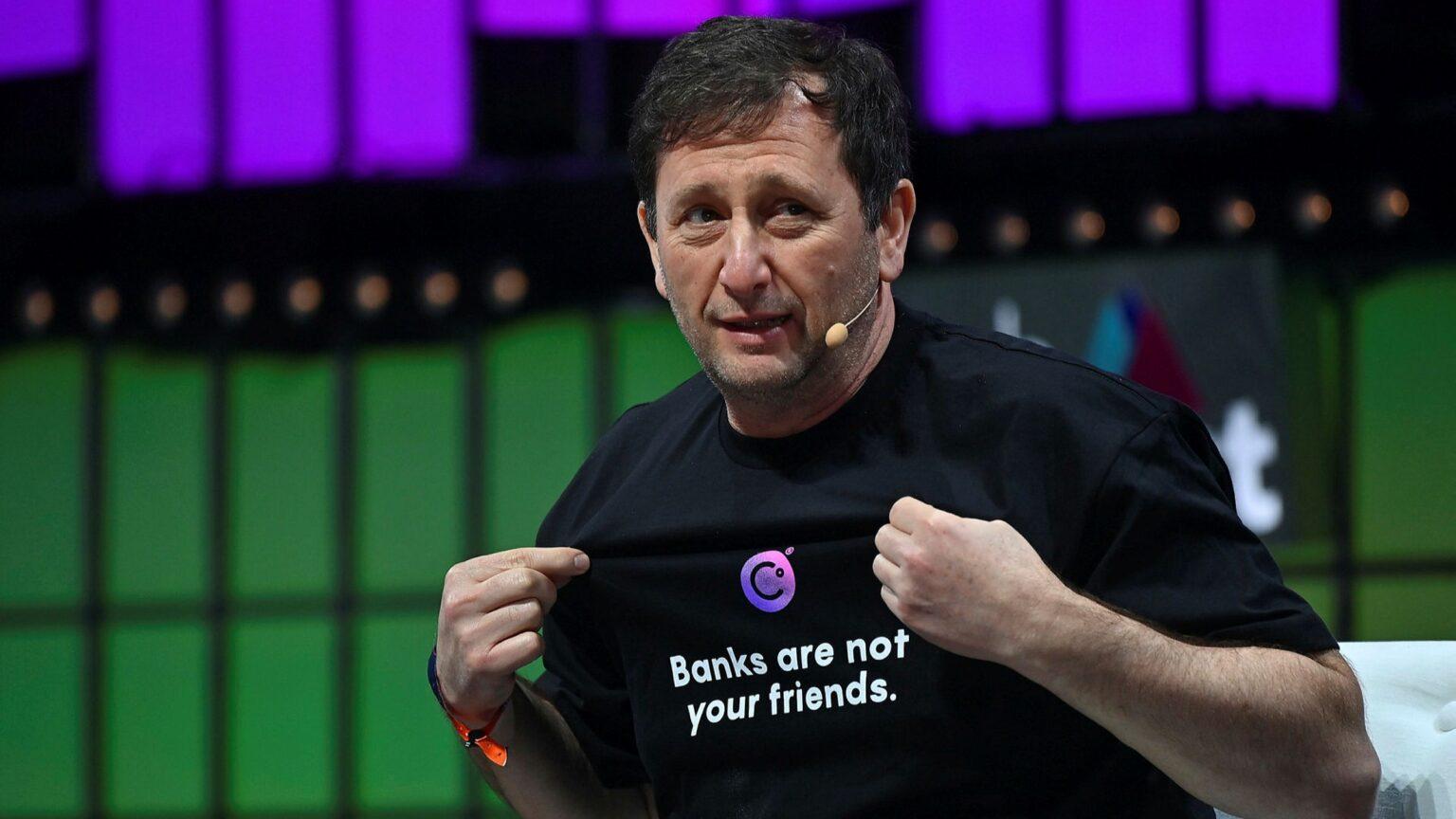In my last post on ‘Fatal Errors to Avoid when Organising Events,’ I revealed how, and why, I got my last event wrong and what I was going to do differently next time to make sure it sold out, and the good news is, it worked.
I went from selling 14 tickets over a 2-month period to selling 260 in 5 days.
I’d not organised an event in a very long time, yet I got a bit too complacent and over-confident with my abilities (and previous successes), meaning I took my eye off the ball and made some fatal errors, forcing me to re-evaluate my entire understanding of how to organise events. Getting it wrong was a blessing in disguise.
Luckily, after I’d crashed and hit rock bottom, I knew where I’d gone wrong and by learning from my mistakes, there was only way I could go, and that was up.
Freemium Versus Paid
Admittedly, I turned my second event into a free event as a ‘demo’ run, but lots of conferences (in fact most of them) offer free tickets and make their money on sponsorship, so there are two avenues you can go down in the events world.
There was a conflict in my head as to whether I should continue charging for my events or not, and to tell you the truth it doesn’t matter whether you do or don’t, because you can always make up your profits on sponsorship. Funnily enough, the music industry is having the same dilemma at the moment with streaming…
Originally, you paid for the music you wanted, but services such as Spotify and Deezer offer free streaming, subject to advertisements, and that money goes to the artists. Premium members pay for the privilege of skipping the ads. So giving free tickets to a conference is the same thing. The sponsors pay the premium.
However if you’re going to go down the free route, and rely on sponsors, you have to be aware of some ‘gotchas’ too..
The main one is that your drop-out rates will increase from around 25% at paid events up to 40-60% at free events, so you must over sell it by double the number of attendees you promised your sponsors.
You also need to ensure you can deliver the right quality of attendees and avoid freeloaders that don’t add value to anyone. While this is rarely an issue with paid events, you’ll need to vet your lists more carefully with free events.
Thirdly, you also have to accept it will be hard (though not impossible) to charge for an event once it’s been run for free, so when you make that decision, you’ll have to be comfortable giving up on a major revenue stream.
However, in my case these risks were worth it, as I wanted to prove there was a demand for an event like this, and deliver a great audience for my sponsors.
Location, Location, Location
Location is very important in the events world (as I learned), and this comes back to how realistic you are, with how well you understand your market, and how ‘high profile’ your event is. If your target audience is located in a particular area, it wouldn’t make sense to hold your event over the other side of the country.
But there are exceptions. People go nuts for ‘Comic Con,’ but that’s because there is no competition, and because the demand and reputation is so high. My friend travels all over the world for these types of events. So be realistic with yourself. Is your event as niche and high-demand as Comic Con? If not, hold it in the most convenient area.
If you’re starting out, and your audience is located in a particular area (so in my case, the music industry is located in London), I suggest you keep it closer to home whilst you test your model and build up that reputation of yours, and then you might be able to move, or replicate it in other places outside your flagship area.
Market Research
I was watching Dragon’s Den the other day, and the entrepreneur’s pitch was going exceptionally well until one of them turned round and asked ‘how many people in the UK require this service? Have you actually asked your ideal customer if they’d be interested in this or not?’ The entrepreneur walked out empty handed.
Funnily enough, I had the exact same issue with my music industry event. I had made the assumption that because there is a big music University in Leeds, that there must be a music industry too when actually, that’s not true. I had to fail to realise that, but I learned something from it.
‘Innocent until proven guilty…’ I know you’ve heard that saying before. My interpretation of that in the business world is ‘there’s no market for your product or service until proven otherwise.’ In other words, don’t assume. Provide evidence that people want what you’re offering first by asking them.
Theo Paphitis once said ‘stack the cards in your favour. It’s not illegal to gain an unfair advantage in business.’ And this is the way to gain an unfair advantage. Use your target audience as the core information supply you need to work out whether your event is going to sell or not, or what you can do to improve it so that it does.
I had organised my event in a city where there is no music industry, so what was I expecting? As soon as I moved it to London, my luck changed literally overnight. Location, location, location.
Reducing Costs
Ironically, as I’ve now repositioned my business demographically to focus on London-based events only, this has meant that I’ve had to start looking for venues again, and believe it or not, I’ve found venues for a third of the price I was paying in Leeds! You’d assume that as London is more expensive, venues would be too!
Apparently not. And this is the problem with assuming. ALWAYS do your homework first, because you just never know. So by getting my location right, not only have I increased my chances of selling my event out, but I’ve also reduced my costs too which is a business owner’s dream situation.
Event Content
Another thing I’ve been doing recently for my fashion event next year which has been working wonders is this: Before I go out and organise x and y speaker, I create a dream team line up first with a rough subject list and go out on LinkedIn, approach potential attendees and ask them ‘what do you think? Is there anything missing?’
You’ll start to realise you’ve missed out on important subjects which will help you to create an event that people can’t wait to get their hands on! And now I have a whole database of fashion designers that have requested I inform them of when my event goes live, so market research also helps you to create a database and a good event.
Media Partnerships
What is a media partnership? You can find out more in my first Eventbrite post here: ‘How To Use Media Partnerships To Sell Out Your Event & Grow Your Social Status.’ I’m also speaking at Social Media Week London for General Assembly on this exact subject which you can get free tickets for here.
But to summarise, media partnerships are a great way to get authority companies within your target market to notify their audience of your event in exchange for perks. I have found that again, it is hard to know which companies will perform the best, which is why you should pitch for as many partnerships as possible, and then track their success using custom tracking links.
You may find that from 10 partners, only 1 or 2 helps you to sell a large number of tickets. I had this happen to me recently with Soundcheque. Their MD, Harry Leckstein is speaking at my event, and as a result, they have pushed my event out to their massive global audience on numerous occasions.
I’d not even got round to sending the marketing materials out to my partner list, and I’d already sold 200 tickets without even doing anything, which has made me realise that I want Soundcheque as a media partner, because clearly, their audience is responsive.
Sometimes, you’ll realise that your most powerful assets are the ones you least expected, which is why you should always try and get as many ‘wins’ as you can. The ones you thought would have a huge impact don’t always do. So once again, don’t assume. Always ask, try it first, measure ROI and judge it later.
Conclusion
So much of business is about what you didn’t know, as opposed to what you think you know will work. Market research and marketing campaigns as well as customer feedback are the three best ways to realise what does and doesn’t work, and build a bulletproof event system that performs every single time.





